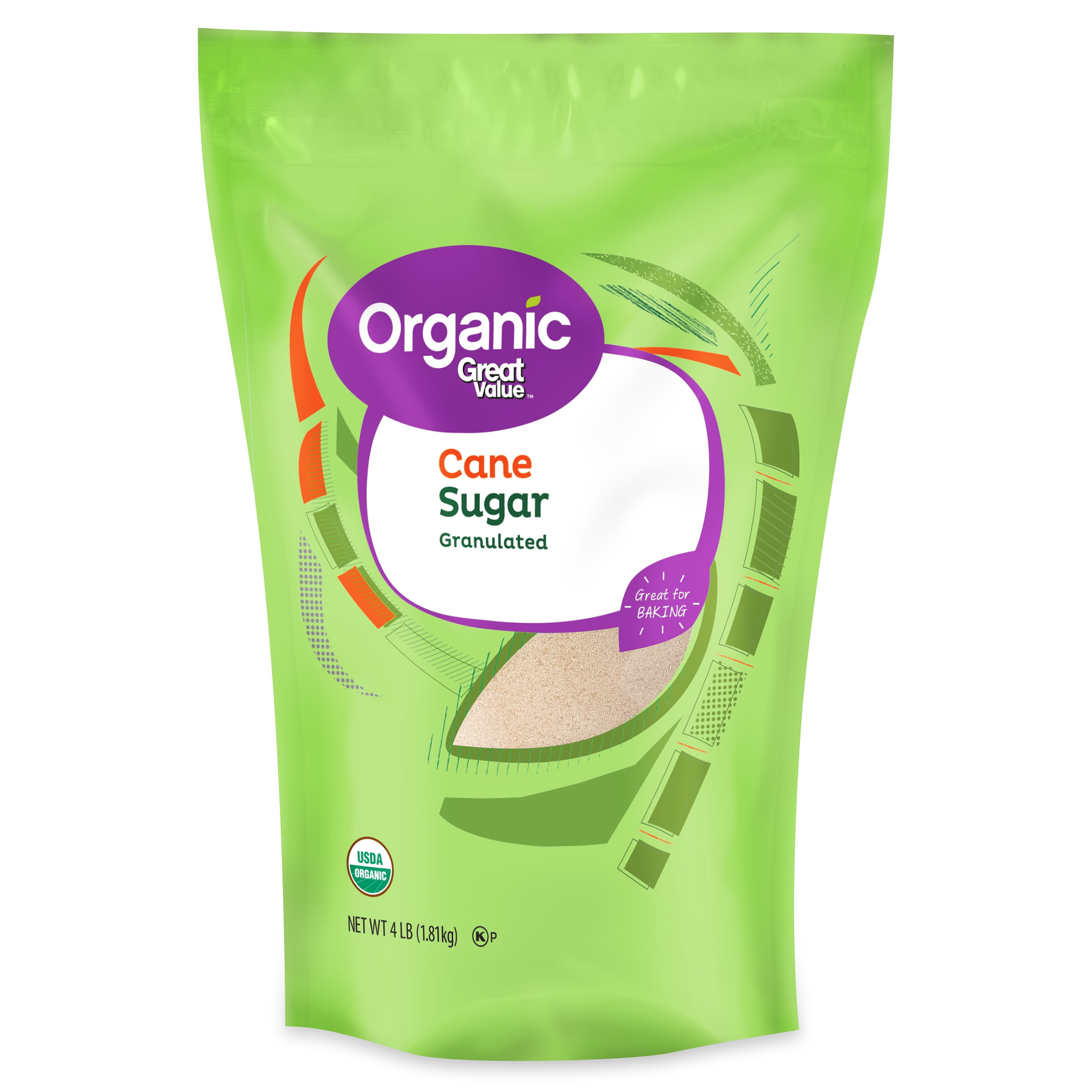Understanding Cane Sugar Processing: A Comprehensive Review of the Stages
Understanding Cane Sugar Processing: A Comprehensive Review of the Stages
Blog Article
A Comprehensive Review of the Health And Wellness and Economic Ramifications of Walking Stick Sugar Handling on Neighborhood Neighborhoods
Cane sugar handling plays a critical function in shaping the economic landscape of local neighborhoods, using employment opportunities and stimulating supplementary sectors. The health and wellness ramifications linked with high sugar intake can not be neglected, as they add to climbing rates of weight problems and diabetes mellitus.
Economic Advantages of Cane Sugar Processing
Walking cane sugar handling supplies significant financial benefits that extend beyond the instant agricultural sector. The cultivation and processing of sugarcane produce numerous work possibilities, from farming to manufacturing and circulation. This work generation not only sustains local economic situations but also cultivates neighborhood growth by giving stable earnings resources for households.
Furthermore, the sugar sector stimulates ancillary businesses, including transport, tools supply, and product packaging services (Cane Sugar Processing). As these fields grow, they contribute to a much more durable financial framework, improving general neighborhood strength. The export possibility of processed walking stick sugar further intensifies financial advantages, placing areas as competitive players in worldwide markets
Financial investment in contemporary processing centers can result in enhanced efficiency and efficiency, thus minimizing waste and maximizing source usage. This change not only profits the regional economy yet also supports sustainability efforts by minimizing environmental effects.
Additionally, the revenue generated from walking stick sugar processing can be reinvested in local framework, education, and medical care, advertising alternative neighborhood growth. Overall, the economic benefits of cane sugar processing are multifaceted, providing a foundation for enduring success in farming regions.
Health Risks Related To Sugar Intake
Extreme sugar consumption postures significant health dangers that necessitate significant attention. High intake of included sugars, especially from refined foods and beverages, has actually been linked to numerous wellness complications.
Additionally, high sugar intake is associated with heart disease. Elevated blood glucose degrees can bring about insulin resistance, a precursor to numerous heart-related problems. In addition, sugar can have harmful results on oral wellness, resulting in tooth cavities and gum tissue disease, as bacteria in the mouth flourish on sugar, producing acids that deteriorate tooth enamel.
Furthermore, emerging study suggests a prospective link in between high sugar intake and psychological health disorders, such as clinical depression and stress and anxiety. As communities come to grips with these wellness dangers, it ends up being important to promote awareness and encourage much healthier nutritional options. Resolving sugar consumption is crucial not just for individual health and wellness but also for the overall wellness of regional communities, highlighting the need for thorough public wellness techniques.
Environmental Influences of Sugar Production
Often neglected in discussions concerning sugar's ramifications is the considerable ecological effect of sugar manufacturing. The farming of sugarcane usually requires substantial land usage, bring about deforestation, loss of biodiversity, and disturbance of local ecosystems. The conversion of forests and marshes right into sugar ranches can lead to habitat devastation, threatening numerous species and modifying eco-friendly equilibrium.
Furthermore, sugar manufacturing is resource-intensive, consuming substantial quantities of water for watering. This can bring about exhaustion of regional water resources, detrimentally impacting both farming methods and community accessibility to clean water. Additionally, making use of chemical plant foods and my review here pesticides in sugarcane farming can add to soil destruction and water pollution, as overflow from these chemicals goes into nearby rivers and lakes, impacting marine life and human wellness.
The ecological impact encompasses the processing stage, where power intake and waste generation more exacerbate environmental concerns. Air contamination from burning sugarcane fields, along with greenhouse gas emissions, add to environment modification. As such, the environmental ramifications of sugar production warrant major factor to consider, urging stakeholders to adopt even more lasting methods to mitigate these unfavorable effects on local communities and communities.
Task Development and Neighborhood Advancement
The ecological challenges presented by sugar manufacturing are typically reversed by its capacity for economic benefits, especially in work development and community advancement. The walking cane sugar industry acts as a substantial source of employment in several rural locations, giving work throughout various skill degrees, from agricultural labor to processing and distribution functions. This work not only sustains private households however likewise adds to the general financial vigor of local neighborhoods.
Moreover, the establishment of sugar processing facilities promotes supplementary services, such as transport solutions, tools supply, and upkeep carriers. As these businesses prosper, they develop extra jobs and boost regional economies. The earnings created from the sugar sector likewise results in increased tax obligation revenues, which can be reinvested right into neighborhood services such as infrastructure, education and learning, and health care growth.
Moreover, the sugar market typically participates in area growth initiatives, such as supporting regional schools and wellness programs, thus enhancing the lifestyle for homeowners. By cultivating strong area ties and promoting financial growth, the walking cane sugar processing market plays an important function in uplifting neighborhood populations, making it an essential element of lasting growth methods in sugar-producing areas.
Balancing Health and Economic Growth
In navigating the complexities of walking stick sugar processing, a vital difficulty depends on stabilizing wellness considerations with financial development. The sugar sector significantly adds to local economic climates by producing work, promoting associated sectors, and enhancing tax earnings. However, the health and wellness ramifications related to excessive sugar consumption can cause a knockout post persistent illness such as obesity, diabetes mellitus, and cardio problems, which can burden public wellness systems and reduce workforce efficiency.

Furthermore, regulatory frameworks can play a critical duty in guiding industry practices in the direction of more health-conscious and sustainable approaches. By promoting collaboration between federal government bodies, health and wellness companies, and the sugar industry, communities can navigate the duality of health and wellness and economic growth, ensuring that the advantages of walking cane sugar processing are equitably shared while focusing on public health and wellness.
Final Thought
To conclude, the handling of walking stick sugar offers both considerable economic benefits and significant wellness threats for neighborhood communities. While it promotes task development and stimulates regional growth, the associated wellness problems, especially relating to obesity and diabetes mellitus, require a cautious harmonizing these details act. By promoting liable intake and investing in neighborhood education and sustainable techniques, it is possible to maximize financial advantages while reducing adverse wellness impacts, consequently making sure a healthier future for regional populaces.
Additionally, sugar can have destructive effects on dental health, resulting in tooth cavities and periodontal disease, as bacteria in the mouth grow on sugar, generating acids that wear down tooth enamel.
Resolving sugar consumption is crucial not just for private health however likewise for the total well-being of neighborhood neighborhoods, highlighting the requirement for comprehensive public health and wellness techniques.
Often overlooked in discussions regarding sugar's ramifications is the substantial environmental influence of sugar manufacturing. The health effects linked with too much sugar consumption can lead to chronic illness such as weight problems, diabetic issues, and cardiovascular concerns, which can concern public health systems and reduce labor force efficiency.

Report this page